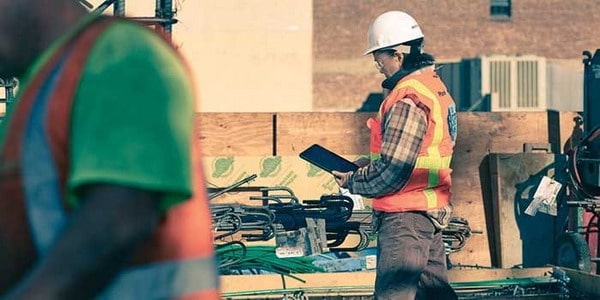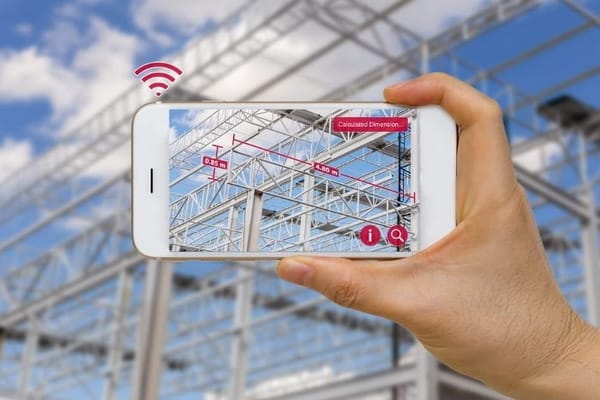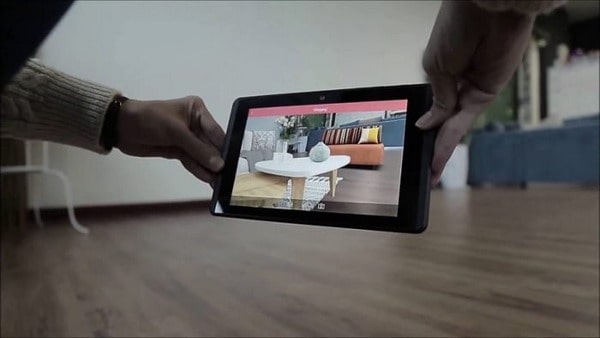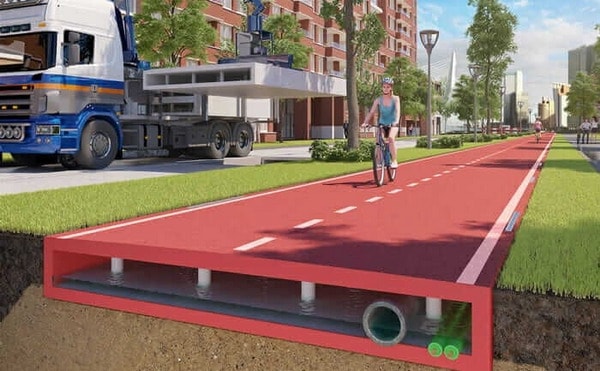Technological innovation in construction is transforming the sector thanks to innovative technologies such as: augmented reality, BIM, drones, portable technologies and new materials. The 10 news that will mark 2020!
In 2020 the transformation of the construction sector will find greater momentum thanks to the real and practical application of innovative construction technologies.
Some technologies, which have been developed for a long time, are fast affirming in the market, thanks also to the increasingly low costs: we think for example of the use of drones and laser scanners used in the lifting and maintenance of buildings.
Others, on the other hand, have successfully passed the “experimental” phase and are now ready to be used by companies, simplifying and innovating the construction sector, providing greater productivity and safety.
These are the 10 innovative technologies that are preparing to transform the construction industry in 2020:
- wearable and wearable technologies
- augmented reality in the design phase
- green asphalt and sustainable eco
- drones and laser scanners for surveys
- self-healing concrete
- robotics and building automation
- BIM platforms
- transparent aluminum
- new specialized professional figures
- 3D printers for the construction industry
Among the innovative technologies in this first article we will focus on wearable technologies, augmented reality and ecological asphalt. The other technologies will be discussed in the next articles.
Technological innovation in construction: 10 technologies that will revolutionize the world of construction in 2020.
Wearable and wearable technologies
There is no definite definition of technology in part of the Dizionari Cartacei or online può ritenersi definitive.
The evolution of the terms used today leads to identification in wearable technologies of electronic and technological devices rich in innovation and energy. In the same way, devices are always smaller , discrete and more intelligent and aware of the context in which they are used, lighter and wireless, transportable , useful and specialized in the fulfillment of certain tasks, equipped with friendly interfaces and, above all , wearable.
They can, for example, be very useful for tracking and monitoring the presence and paths of workers in a work: in this way, in addition to always knowing with certainty where each operator is working, work can be better coordinated directly from the office , moving workers where they are most needed.
These small devices, bracelets , headphones , helmets , tablets are highly technological and resistant to shocks, climatic factors and scratches.
Obviously they also integrate internal communication systems, between the operators and the coordinators / technicians: for example, we imagine an operator who communicates with the crane driver, having his hands free to work!
Another advantage offered by these technologies is to facilitate coordination with the objective of preventing risks.
Augmented reality in the design phase
The augmented reality ( Augmented Reality, AR ) enriches our sensory perception through various levels of information, usually prepared and transmitted electronically, which would not be perceptible to the five senses.
Augmented reality was initially applied in marketing and advertising, while today the fields of application are multiplying, from interior design to architectural design.
The information that increases the perceived reality can be added to the monitor of a computer or mobile device (smartphone, tablets, smart glasses) through a webcam that records the surrounding world and related softwares capable of recognizing markers ( AR Tag ), that additional content such as video, audio, 3D objects etc. immediately overlays the actual image. For example, it is possible to frame an object with the cell phone and immediately obtain various information about that object.

Augmented reality adapts to applications for interior design and architectural design : for example, in an empty room, markers (prints with special codes) could be applied to the walls, record the room with a phone’s camera, and through a specific App, show the “final result” consisting of walls, floors and virtual furniture objects.
Green and sustainable asphalt
From the 60s onwards, the construction industry began to use recycled rubber, mainly used tires, in a mixture of better quality asphalt, thus reducing the costs of materials and waste of garbage.
This practice has extended in recent years to the use of recycled plastic, bottles, disposable tableware etc.
But plastic and rubber are not the only recyclable materials used in asphalt.
Researchers at RMIT University in Melbourne, Australia, have shown that adding cigarette butts can improve the quality of roads and contain heavy metals more safely, while in Sydney the printer’s recycled toner is incorporated into a mixture of ecological asphalt.
The Dutch city of Rotterdam is trying to build a new bicycle lane, completely made of recycled plastic blocks, similar to LEGO, that fit together.
In the following article: drones in the surveys, self-repairing concrete and the application of robotics and vehicles without drivers in the works.




